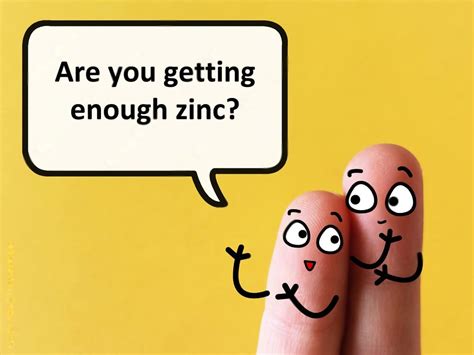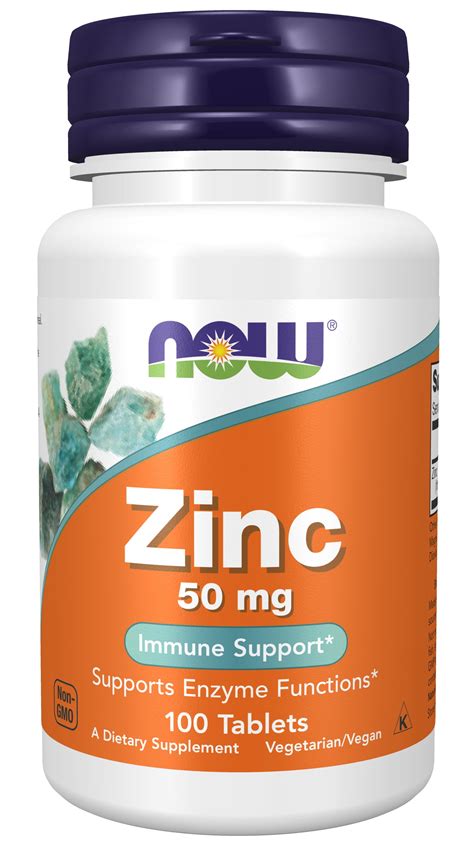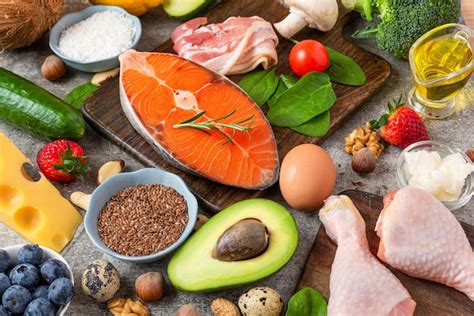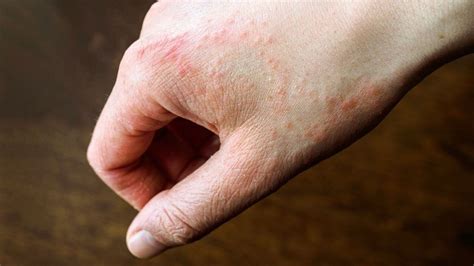The Silent Struggle: Zinc Deficiency in Men’s Health
Zinc is an indispensable trace mineral, playing a pivotal role in over 300 enzymatic reactions throughout the human body. For men, its importance extends to critical physiological processes, including robust cellular repair mechanisms and the intricate synthesis of healthy testosterone. Despite its vital functions, a significant question arises: how often does the average daily dietary intake of zinc among men fall below the optimal levels required for these essential biological activities?
The answer, unfortunately, is more frequently than many might realize. While severe, clinical zinc deficiency is relatively uncommon in developed countries, suboptimal or marginal zinc status is a widespread issue that can subtly undermine men’s health over time. This article delves into the crucial roles of zinc, the prevalence of its insufficient intake, and the silent repercussions it can have on cellular vitality and hormonal balance.

Zinc’s Dual Impact: Cellular Repair and Testosterone Synthesis
Zinc acts as a fundamental co-factor for DNA synthesis and repair, protein synthesis, and cell division – processes critical for the continuous regeneration and maintenance of all tissues, from skin to muscle to internal organs. Without adequate zinc, the body’s ability to heal wounds, recover from exercise, and maintain tissue integrity can be severely compromised.
Beyond cellular maintenance, zinc is intimately linked with male endocrine health, particularly testosterone production. It influences the activity of enzymes involved in testosterone synthesis and helps regulate the release of luteinizing hormone (LH) from the pituitary gland, which in turn stimulates testosterone production in the testes. Furthermore, zinc acts as an aromatase inhibitor, potentially preventing the excessive conversion of testosterone into estrogen, thus helping to maintain a healthy testosterone-to-estrogen balance. A consistent lack of zinc can therefore directly impair these delicate hormonal pathways.

The Hidden Prevalence of Suboptimal Intake
The recommended daily allowance (RDA) for adult men is typically 11 mg of zinc. While this amount can be achieved through a balanced diet, several factors contribute to suboptimal intake. Dietary surveys often reveal that a significant portion of the male population, especially those with certain lifestyle choices or conditions, may not consistently meet this target.
- Dietary Choices: Men following vegetarian or vegan diets, if not carefully planned, may struggle to obtain sufficient zinc as plant-based sources contain phytates that inhibit zinc absorption. While sources like legumes, nuts, seeds, and whole grains contain zinc, their bioavailability can be lower.
- Age and Lifestyle: Older men may have reduced absorption efficiency. High alcohol consumption can deplete zinc stores, as can excessive sweating in athletes. Chronic diseases and certain medications (e.g., diuretics) can also increase zinc excretion or reduce absorption.
- Soil Depletion: Modern agricultural practices can lead to nutrient-depleted soils, potentially resulting in lower zinc content in food crops.
Estimates suggest that marginal zinc deficiency could affect up to 10-15% of the general population in developed countries, with specific subgroups facing higher risks. Globally, the prevalence is much higher, especially in regions reliant on cereal-based diets.

Consequences of Falling Short
When zinc intake consistently falls below optimal levels, the body’s ability to perform its vital functions is compromised. For men, the ramifications can be particularly impactful:
- Low Testosterone Symptoms: Insufficient zinc can manifest as fatigue, decreased libido, erectile dysfunction, reduced muscle mass and strength, and increased body fat. These symptoms are often mistakenly attributed solely to aging, when nutritional deficiencies may play a contributing role.
- Impaired Immune Function: Zinc is critical for immune cell development and function. Suboptimal levels can lead to a weakened immune response, making men more susceptible to infections and slower to recover from illness.
- Delayed Cellular Repair: Wound healing can be sluggish, and the body’s overall regenerative capacity diminishes, affecting recovery from physical exertion and daily wear and tear.
- Other Effects: Hair loss, skin issues, poor appetite, and even mood disturbances can be linked to chronic zinc insufficiency.

Achieving Optimal Zinc Status
Ensuring adequate zinc intake is crucial for men’s long-term health. The best approach is through a varied and balanced diet rich in zinc-containing foods:
- Animal Sources: Oysters are exceptionally rich, followed by red meat (beef, lamb), poultry, and seafood.
- Plant Sources: Legumes (lentils, chickpeas), nuts (cashews, almonds), seeds (pumpkin, sesame), and whole grains provide valuable zinc, though absorption may be enhanced by soaking or sprouting.
- Dairy: Milk and cheese also contribute to zinc intake.
If dietary intake is consistently a concern, or if risk factors for deficiency are present, a healthcare professional may recommend a zinc supplement. However, it’s vital to avoid excessive supplementation, as high doses of zinc can interfere with copper absorption and lead to other adverse effects. A blood test can help determine zinc status if deficiency is suspected.

Conclusion
The question of how often men’s daily dietary zinc intake falls below optimal levels for cellular repair and testosterone synthesis points to a subtle yet significant nutritional challenge. While not always manifesting as overt illness, chronic suboptimal zinc status can quietly erode vital bodily functions, impacting everything from immune resilience to hormonal balance and overall vitality. By understanding zinc’s critical roles and making conscious dietary choices, men can proactively safeguard their health, ensuring they receive this essential mineral in the quantities needed to thrive.




